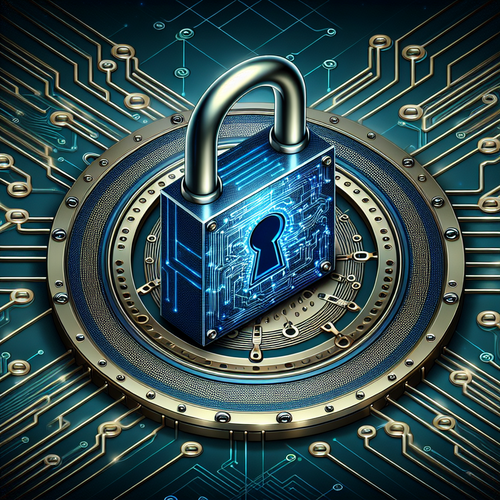
The Role of Blockchain in Enhancing Cybersecurity
The Role of Blockchain in Enhancing Cybersecurity
In an era where data breaches and cyber threats are rampant, the demand for robust cybersecurity solutions has never been greater. Blockchain technology, often associated with cryptocurrencies, is emerging as a crucial tool in enhancing cybersecurity measures. This article explores how blockchain can fortify data protection and integrity.
1. Understanding Blockchain Technology
Blockchain is a decentralized and distributed digital ledger technology that securely records transactions across multiple computers. Its key characteristics include:
- Decentralization: No central authority controls the blockchain, which reduces the risk of unilateral data manipulation.
- Immutability: Once data is recorded on the blockchain, it cannot be altered or deleted, ensuring data integrity.
- Transparency: All participants can view the blockchain, fostering trust among users.
2. How Blockchain Enhances Cybersecurity
Implementing blockchain technology can address several critical cybersecurity concerns:
Data Integrity and Authentication
Blockchain’s immutability ensures that once data is entered, it remains unchanged. This feature prevents unauthorized access and data breaches. Additionally, each transaction is authenticated through cryptographic signatures, enhancing the verification process.
Decentralized Identity Management
Blockchain allows for decentralized identity management, reducing the risks associated with centralized databases that are susceptible to hacks. Users can control their identity and share only necessary information, minimizing exposure to potential threats.
Secure Transactions
Smart contracts, which are self-executing contracts with the terms directly written into code, provide a secure method for completing transactions without needing intermediaries. This not only speeds up the process but also minimizes the chances of fraud.
3. Real-World Applications of Blockchain in Cybersecurity
The application of blockchain technology in cybersecurity is growing, with several real-world implementations:
Supply Chain Security
Blockchain can enhance the security of supply chains by providing traceability and ensuring that every transaction is recorded transparently. For example, industries can track the origin of goods and verify authenticity, reducing the risk of counterfeit products.
Data Breach Prevention
By decentralizing data storage, organizations can minimize the risk of data breaches. Even if a part of the network is compromised, hackers cannot gain access to an entire database. Instead, they would only breach a segment, reducing overall risk.
Cyber Threat Intelligence Sharing
Blockchain can facilitate secure sharing of cyber threat intelligence among organizations. This collaborative approach allows for faster detection and response to threats, significantly improving overall cybersecurity posture.
4. Challenges and Considerations
Despite its benefits, the integration of blockchain in cybersecurity comes with challenges:
- Scalability: Current blockchain solutions may struggle to handle vast amounts of transactions efficiently.
- Regulatory and Compliance Issues: The legal status of blockchain technologies varies by region, complicating adoption.
- Energy Consumption: Some blockchain networks require significant energy for transaction verification, raising sustainability concerns.
5. Conclusion
Blockchain technology holds great potential for enhancing cybersecurity frameworks across various sectors. While challenges remain, the benefits of improved data integrity, transparency, and decentralized management are compelling. For other insights on cybersecurity trends, consider reading our post on The Rise of AI in Cybersecurity.













